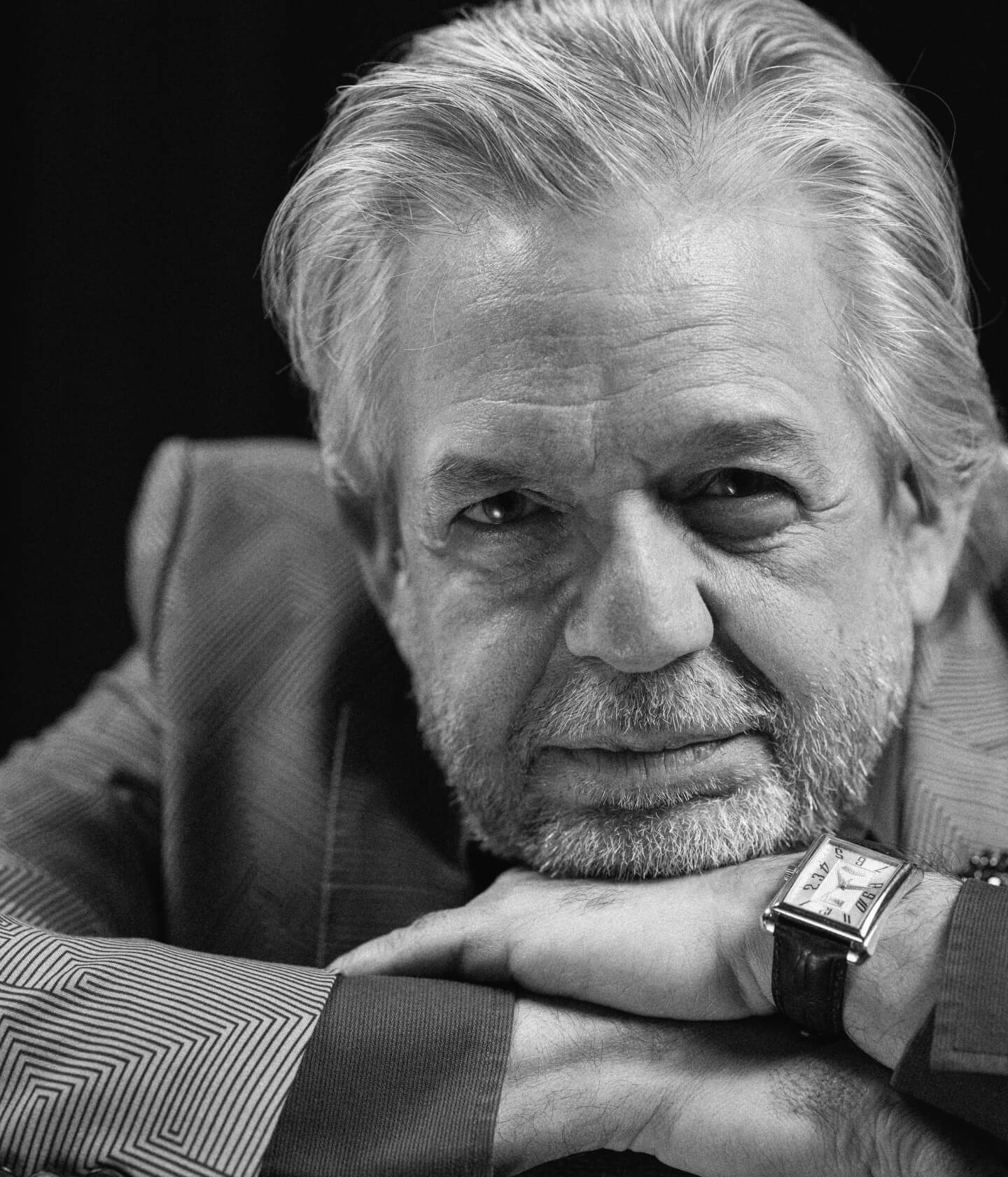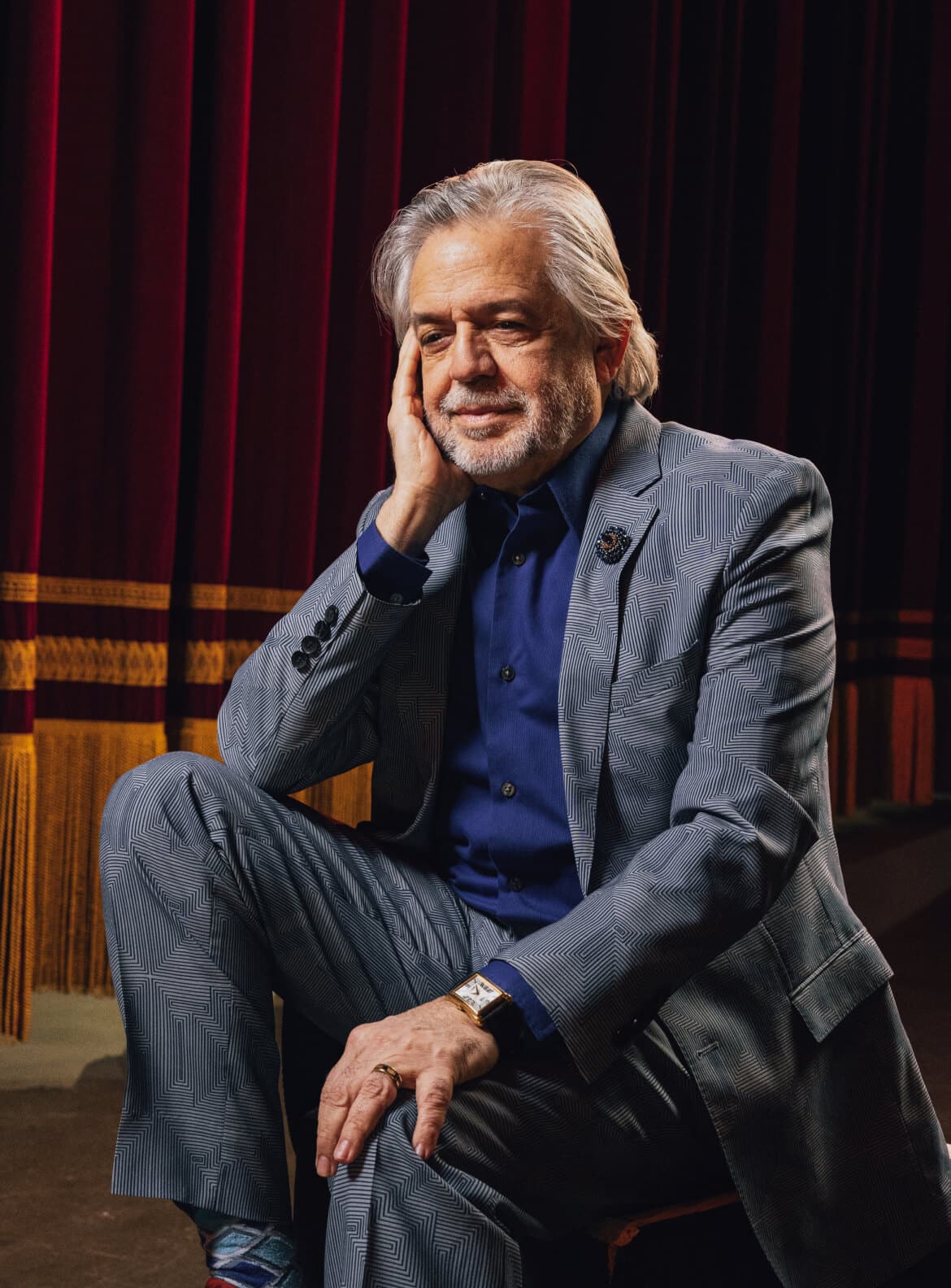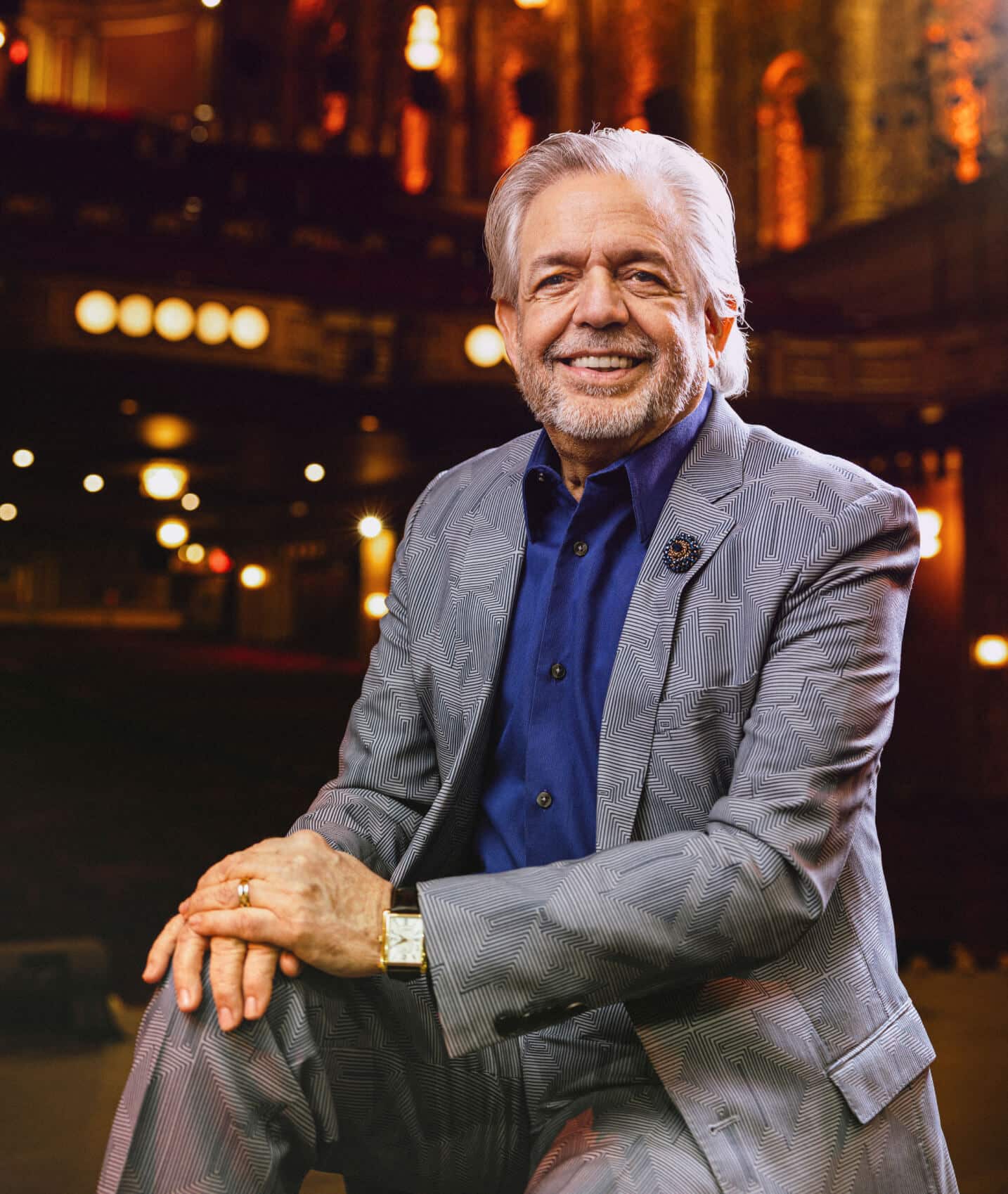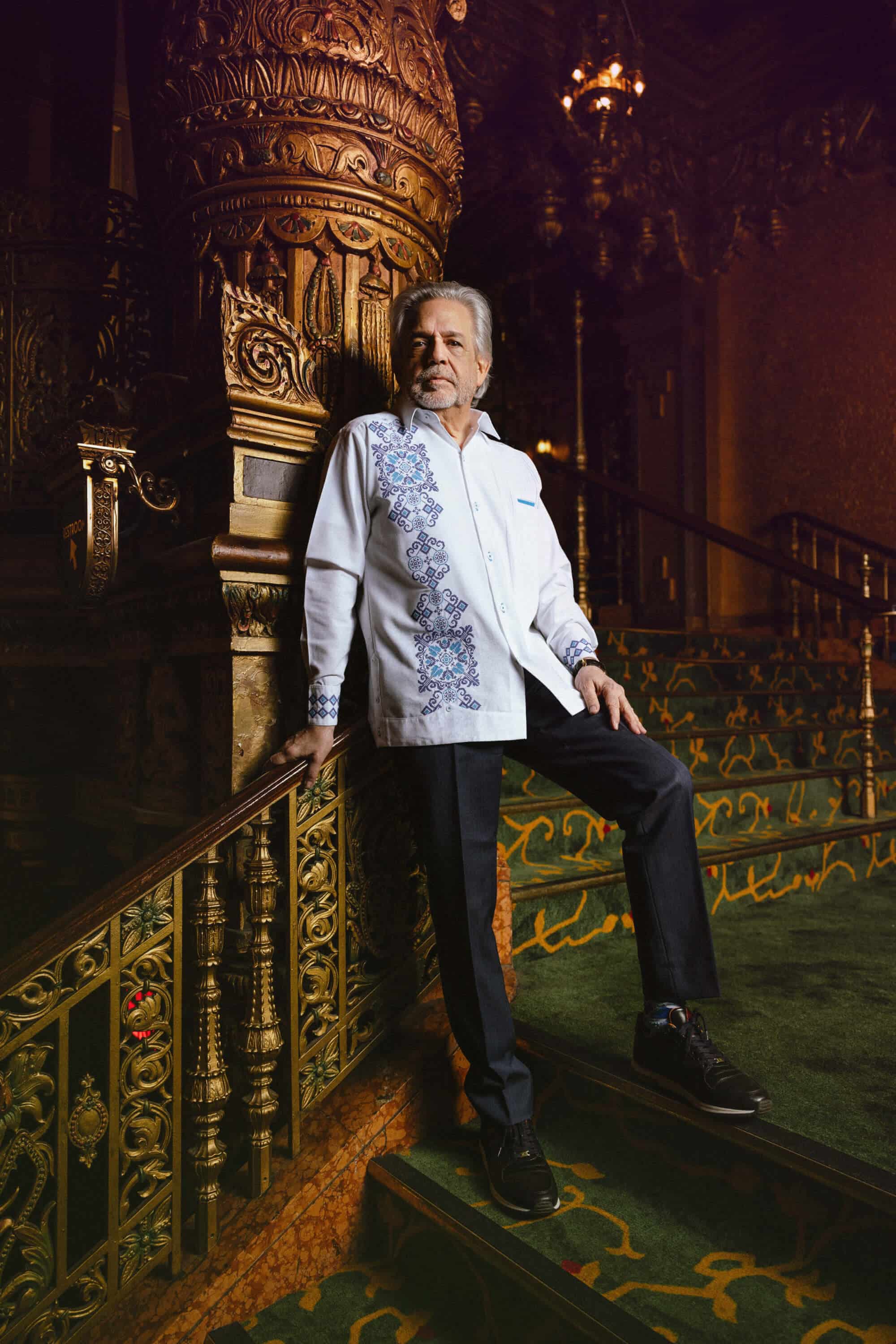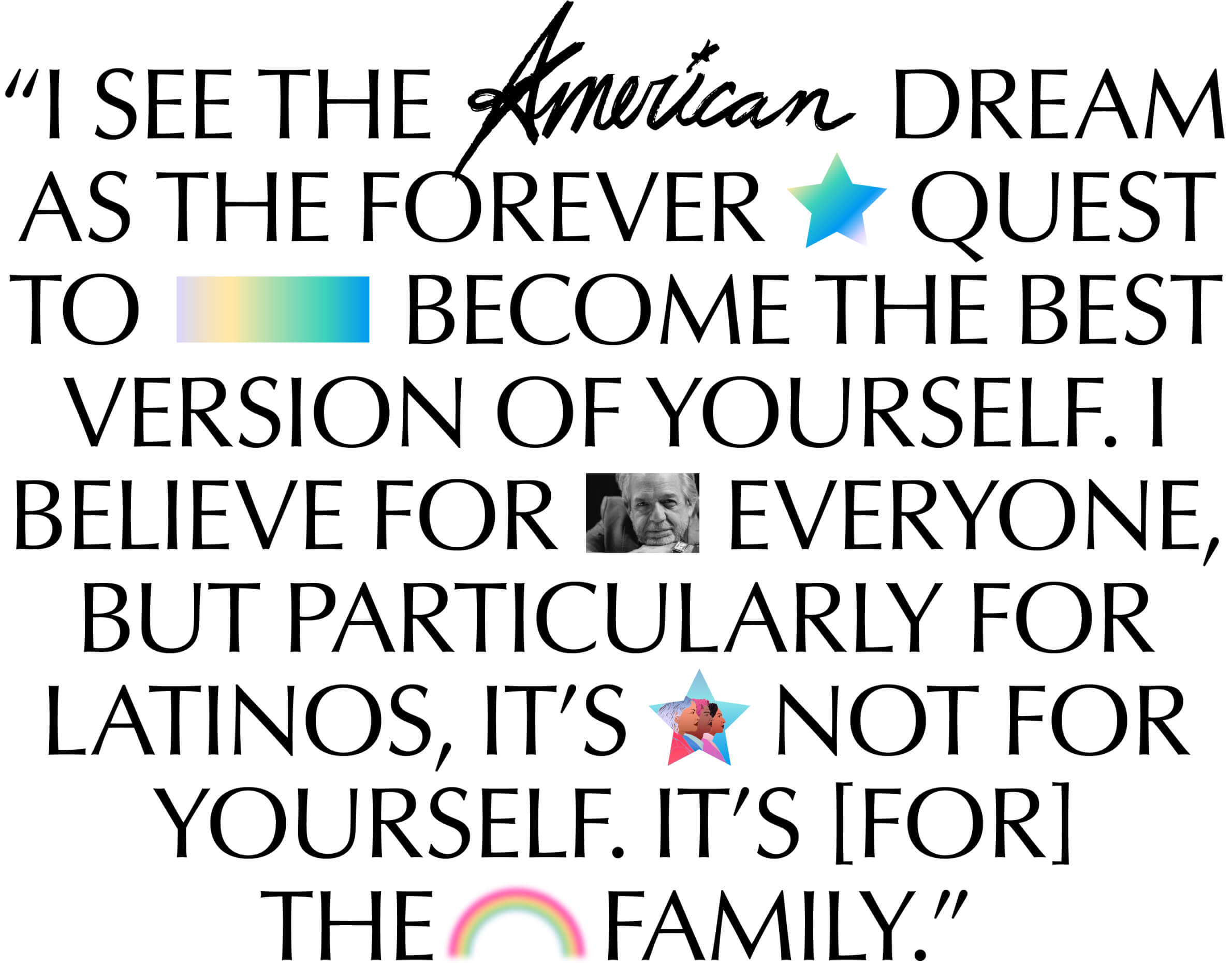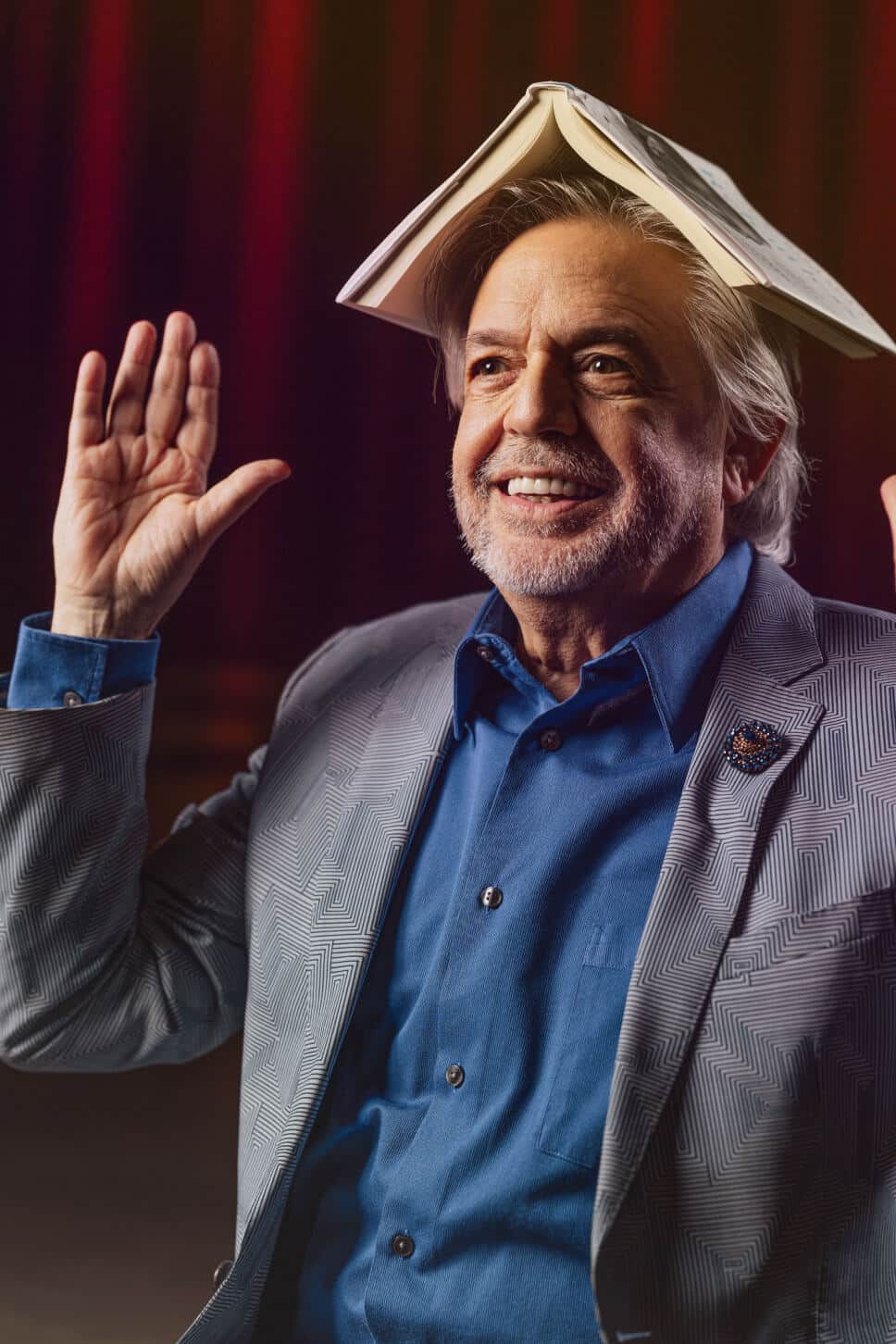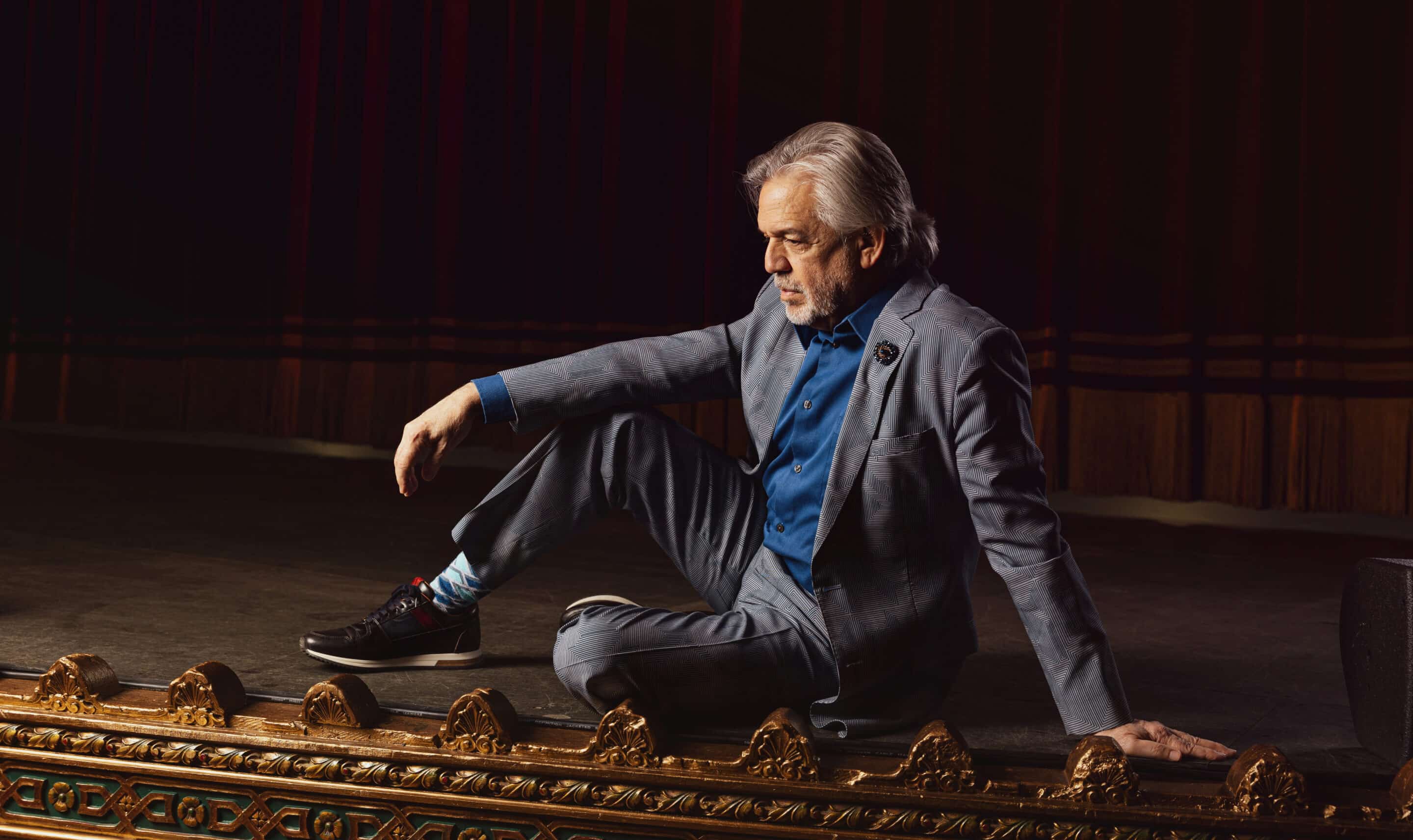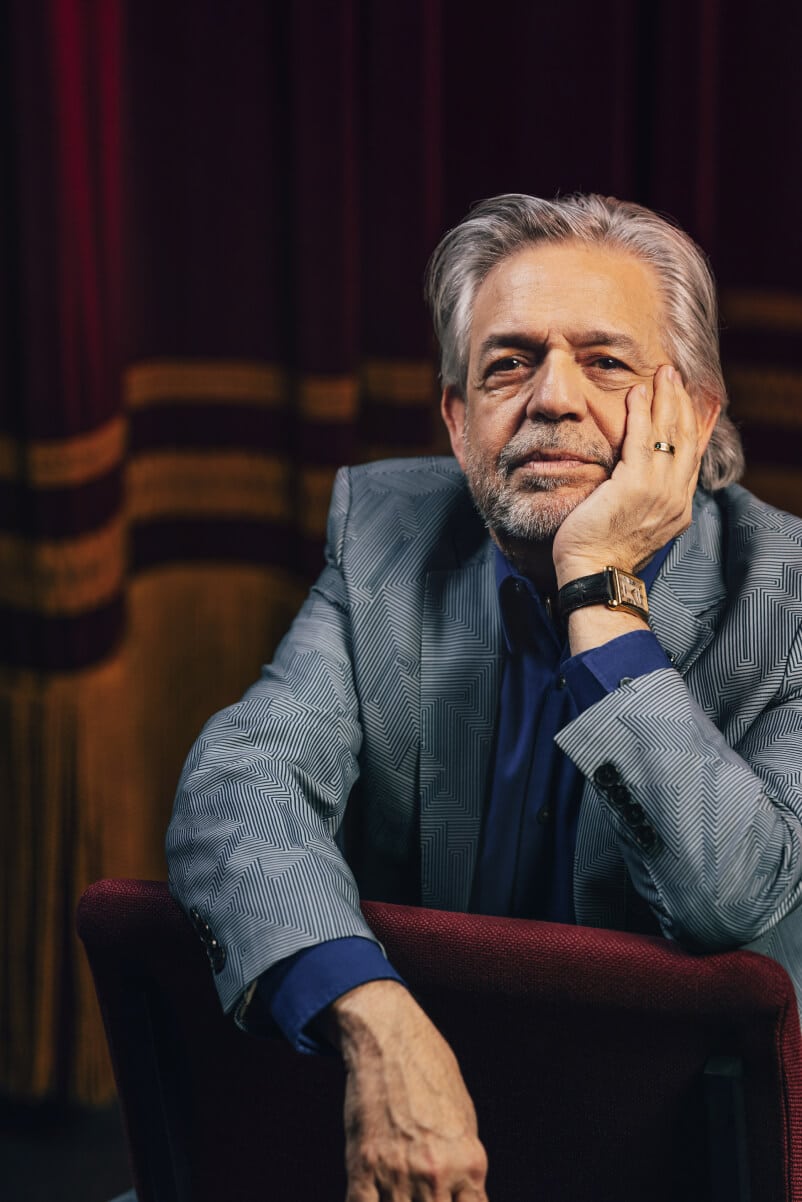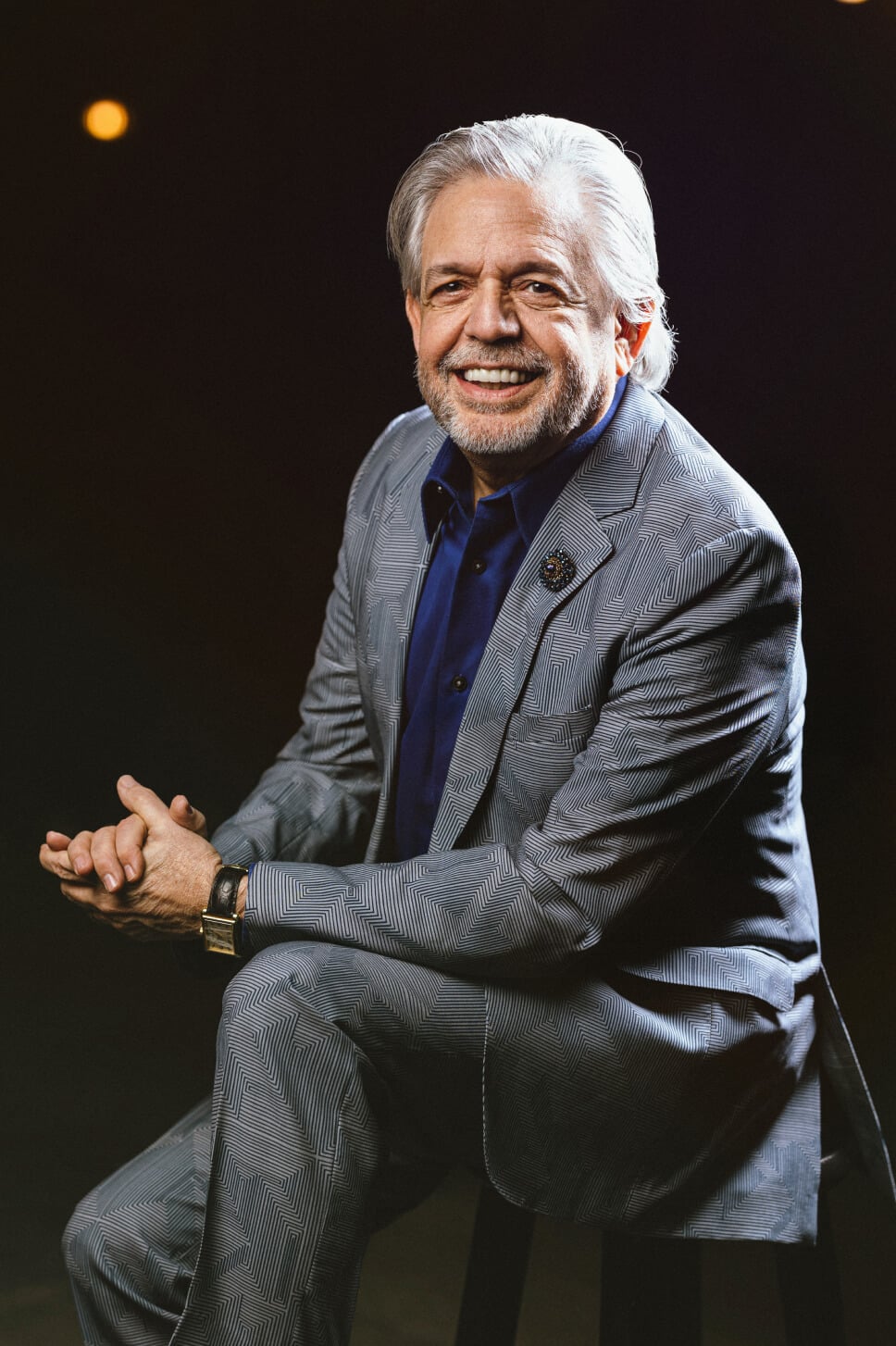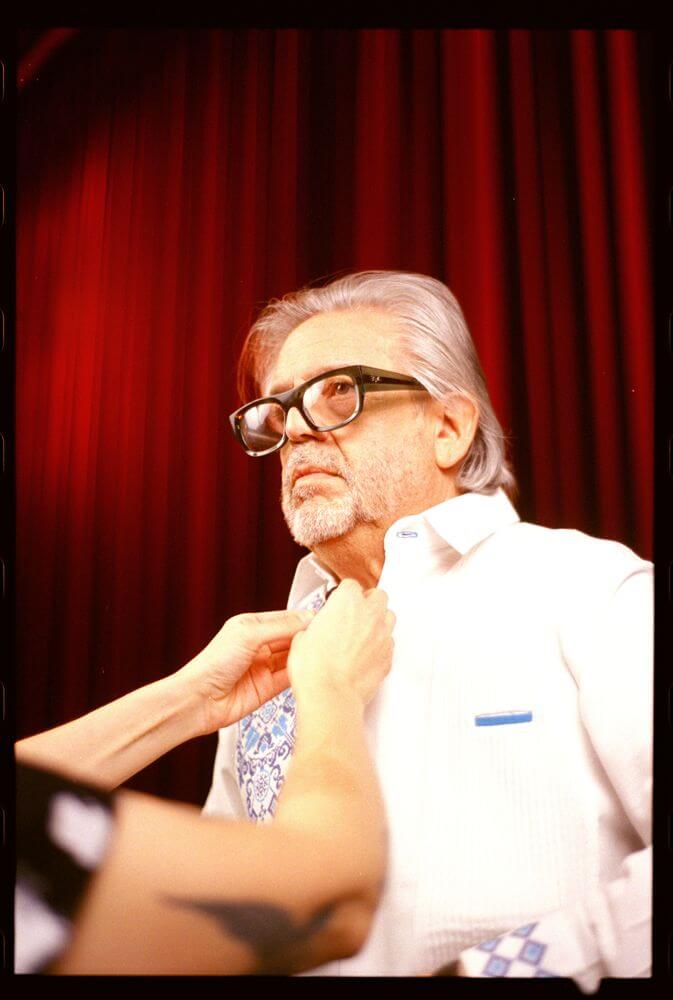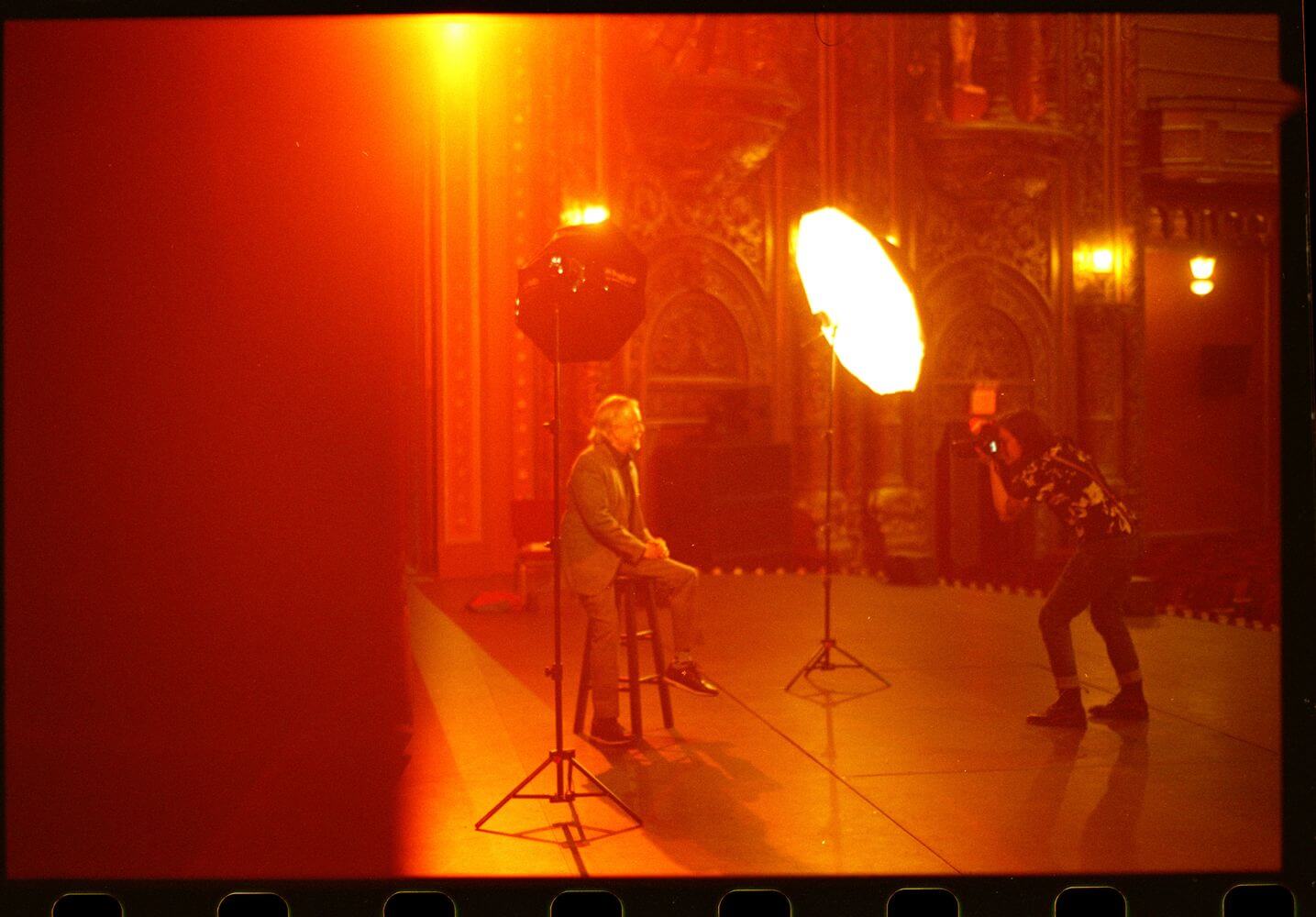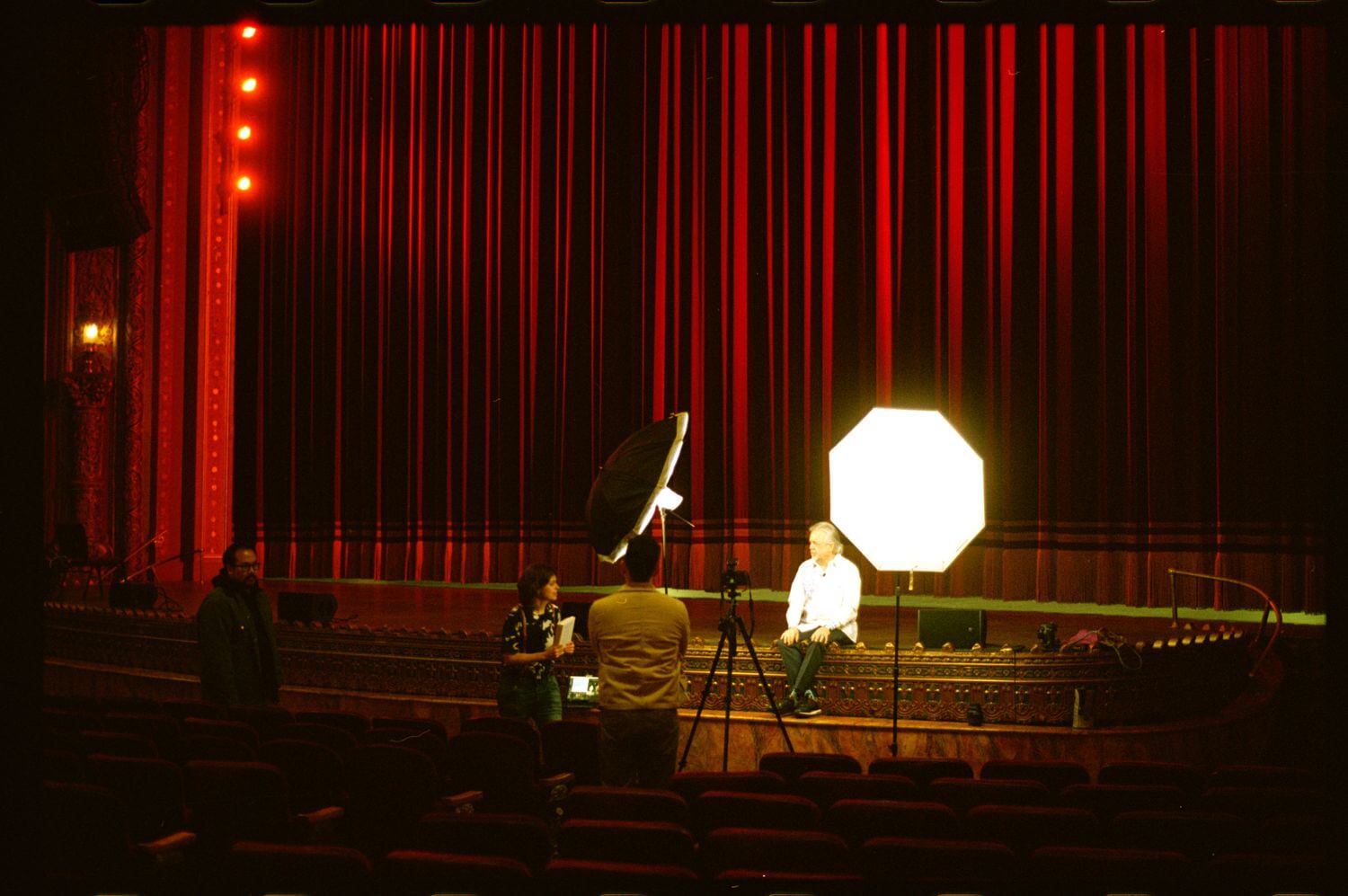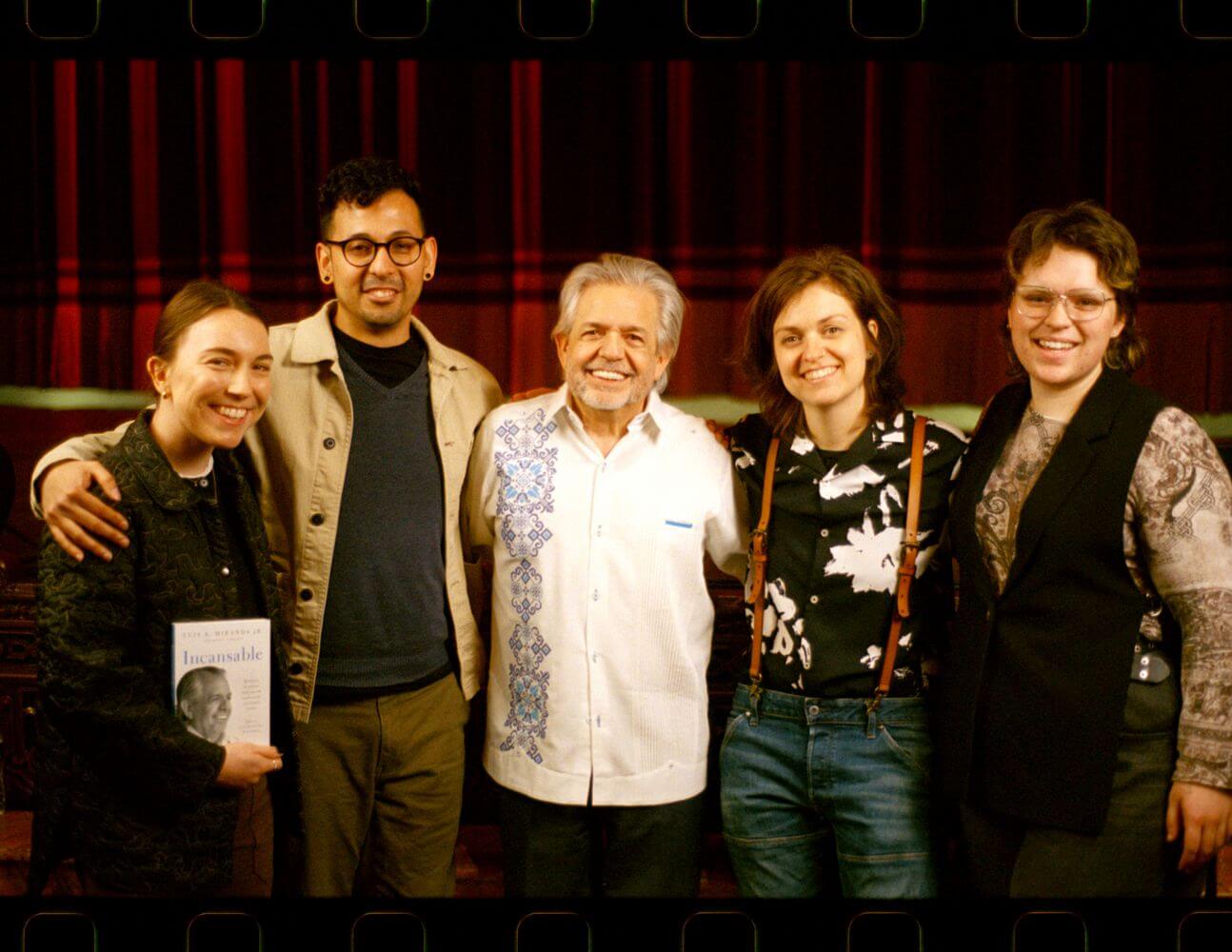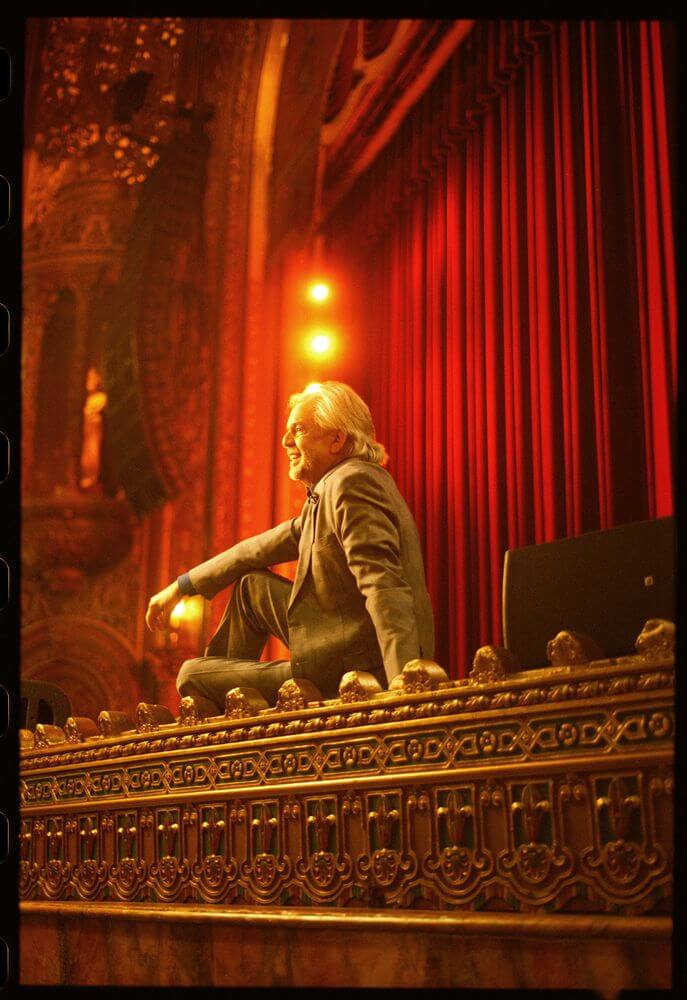There are forces continuing to fit Latinos into one culture and into one way of looking at the world. This is an impossible system. “You have to adjust the paradigms. They simply won’t work without oppression,” he says. “Because if you have to make a hundred million people conform to something that they’re not, you have to use oppression to get there. And that’s not the country in which we’re in.”
Miranda remains hopeful, but for him, hoping is not enough. You have to work toward a better future.
“That’s part of why I wrote the book. I’m going to tell it as I see it,” Miranda says. “And I’m just not going to scream and criticize what somebody else said. I’m going to jump into the ring, and I’m going to fight.”
This is a trait Miranda acknowledges again and again in Relentless, and the pages are filled with his honest reflections and observations.
“The only cure is a conversation with trustworthy people who show up in our Latino community,” Miranda writes in the very first chapter. “A conversation that moves the world forward, that shows that our leaders know how voters want to move forward. That’s what we mean in Puerto Rico when we say pa’lante: it’s the drive to keep moving ahead, to build a better future.”

Luis A. Miranda Jr. Introduces Relentless
Behind the scenes photos by Anna Rhody
